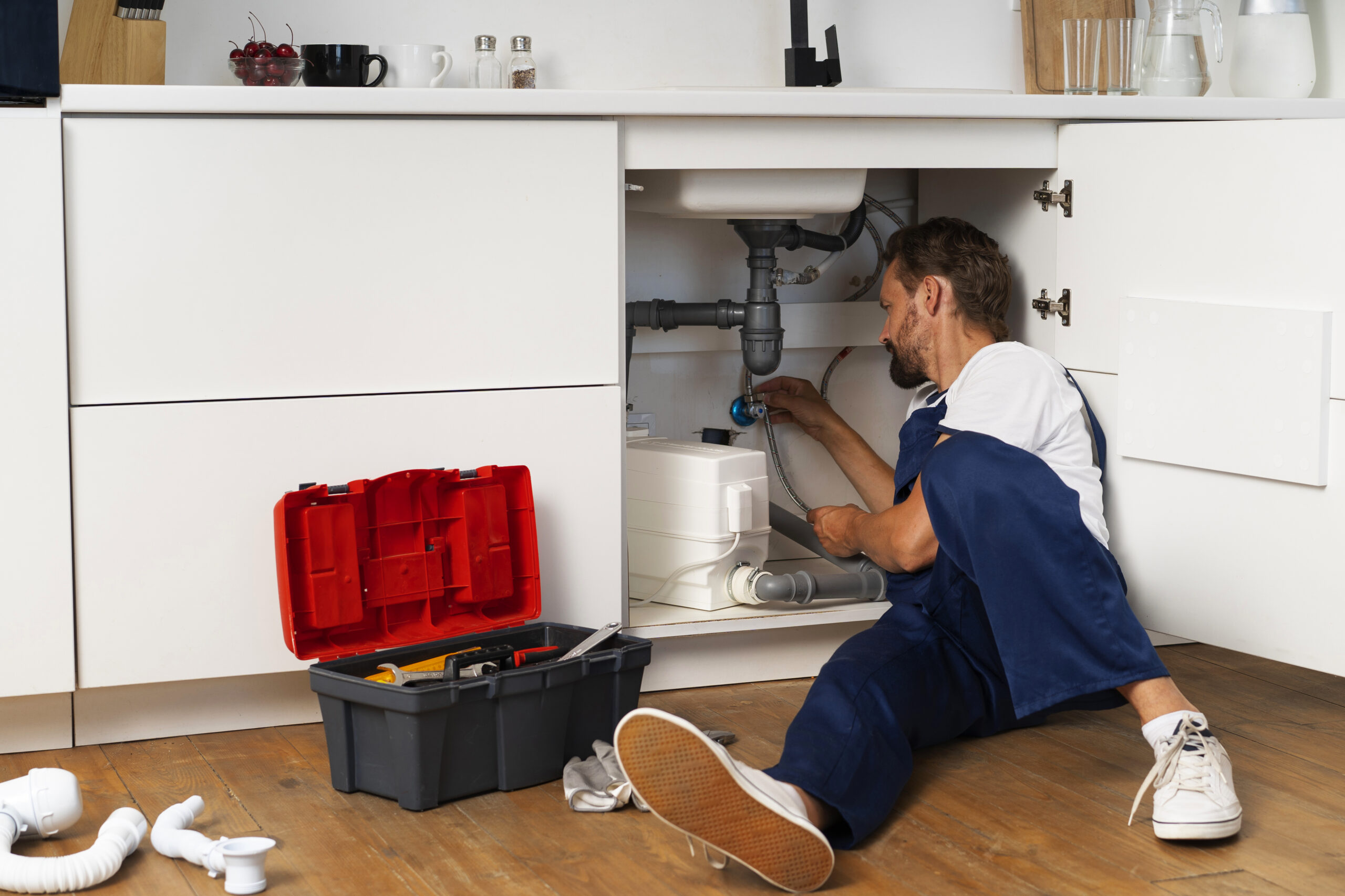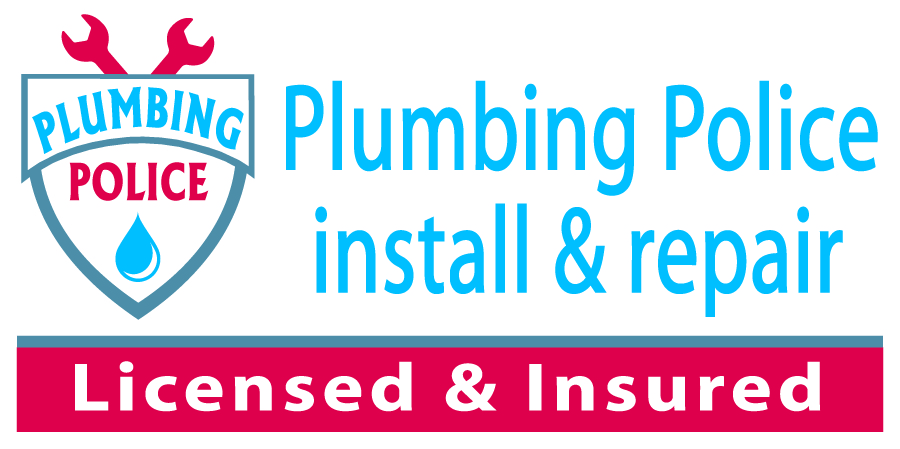The difference between hard water and soft water lies in their mineral content. Here’s a detailed comparison:
Hard Water
Mineral Content:
-
Hard water contains high levels of dissolved minerals, primarily calcium and magnesium.

The difference between hard water and soft water lies in their mineral content. Here’s a detailed comparison:
Mineral Content:
Hard water contains high levels of dissolved minerals, primarily calcium and magnesium.
Replacing the hoses on your washing machine and dishwasher is an important part of regular home maintenance to prevent leaks and water damage. Here are some guidelines:
Replacement Frequency:
Yes, tree roots can damage underground sewer lines. Tree roots naturally seek out water and nutrients, and sewer lines can provide a rich source of both. Here are the ways tree roots can damage sewer lines and signs that indicate potential root intrusion:
Deciding whether to install a water softener in your home depends on several factors, including the hardness of your water, your household needs, and your personal preferences. Here are some key considerations to help you decide:
Conserving water in your home is not only beneficial for the environment but can also reduce your utility bills. Here are several strategies you can implement to conserve water:
Install Low-Flow Fixtures:
Reducing water usage in your home involves adopting various conservation strategies in different areas. Here are some effective ways to reduce water usage:
Install Low-Flow Fixtures:
The choice between a hot water heater (typically a water heater for domestic use) and an electric heater (usually for space heating) depends on the specific application, usage patterns, and energy efficiency of the devices. Here’s a detailed comparison to help you determine which option might be more economical for your needs:
The noise you’re hearing from the water pipe when you turn off the faucet in the shower is likely due to a phenomenon known as “water hammer.” Water hammer occurs when the flow of water is suddenly stopped, causing a pressure surge or shock wave to travel through the pipes. This can create a loud banging or thumping noise.
Maintaining the plumbing system in your RV is crucial to ensure it functions properly and to prevent costly repairs. Here are some important rules for RV plumbing maintenance:
Check for Leaks: Routinely inspect all visible pipes, fittings, and hoses for leaks or signs of wear.
Examine Seals: Ensure that seals around fixtures and appliances are intact and not cracked or damaged.
Monitor Water Pressure: Use a water pressure regulator to prevent high pressure from damaging your RV’s plumbing.
Maintaining the plumbing system on a boat is crucial for ensuring its smooth operation and longevity. Here are some important plumbing rules and tips for boat maintenance:
Check for Leaks: Regularly inspect all plumbing connections, hoses, and fittings for any signs of leaks or wear.

